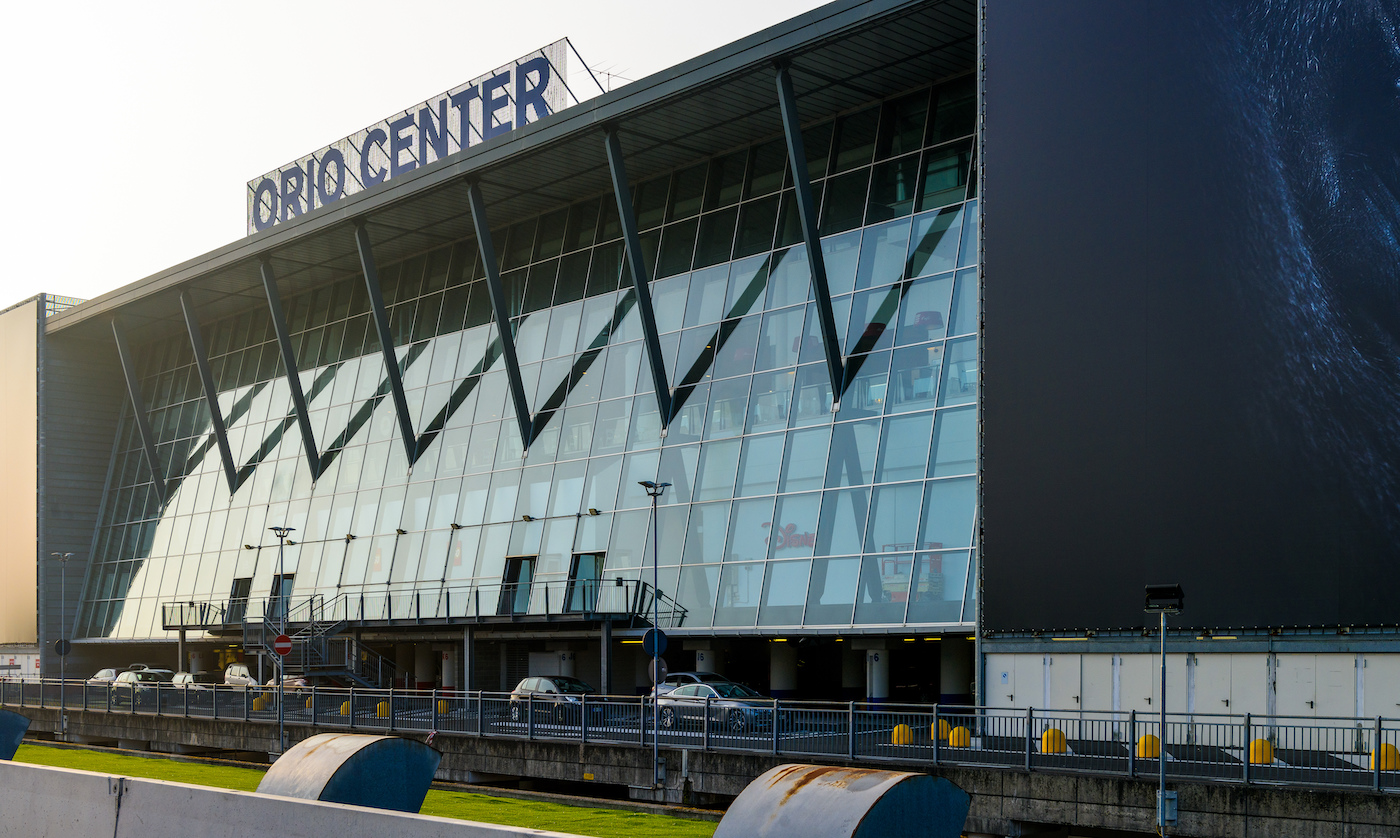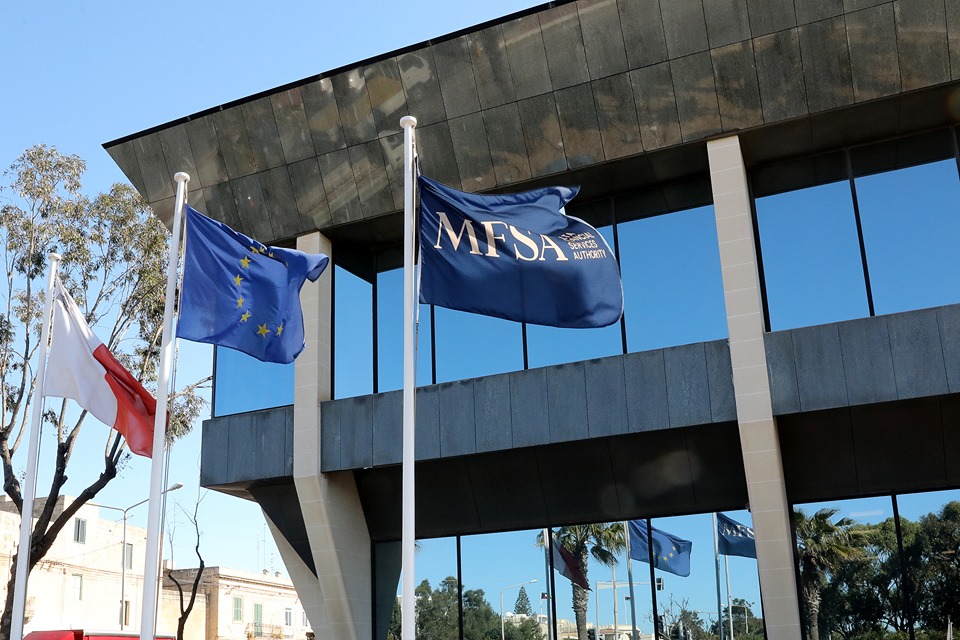The Government of Malta has approved controversial amendments to its Gaming Act through Bill 55 on Wednesday (this week) which protects Malta Gaming Authority (MGA) licence holders from ‘unfounded challenges’, despite efforts from German and Austrian lawyers to stop it from passing.
The amendments prevent enforcement action from foreign judgements in the case that such action runs contrary to or undermines the provision of gaming services in Malta, and when activities by an operator subject to a foreign challenge relate to authorised activity lawful under the local Gaming Act.
It allows Maltese courts to refuse recognition and enforcement of such judgements related to the igaming sector.
The amendment is significant as Malta became a hub for remote gaming via the early adoption of a legislative framework that sees the local licence act as a point of supply.
This enables licensees to operate cross-border from Malta, provided that a justifiable legal reason to provide their services to customers in such a jurisdiction exists, and always in compliance with the legal framework established by local licence conditions.
In recent months, there has been legal action by Austrian and German gambling authorities against Malta-licensed online gaming companies which they say are offering online gaming services to their citizens illegally.
Malta has firmly stood its ground on this, arguing that the MGA licence allows businesses registered on the island to offer its services throughout the EU thanks to the fundamental principle of free movement of goods and services – irrespective of EU member states’ specific laws on gambling.
However, not everyone agrees, and a German and Austrian law firm had written to the European Commission to intervene, arguing that Bill 55 would undermine European rule of law.
The letter, as seen by The Malta Independent, accused the Government of introducing provisions into the country’s laws which would stop local courts from enforcing sentences handed in foreign jurisdictions against gaming companies registered in Malta.
The letter read, “this would simply undermine European laws which are supreme and cannot be disregarded as Minister Silvio Schembri and the Labour Government are attempting to do with this bill.”
In a statement explaining the move, the Economy Ministry said:
“Bill 55 ensures that consumers choose to engage and play within a regulated market, which is subject to strict legal obligations aimed at protecting players and is overseen by a competent regulator that is empowered to take swift enforcement action in cases of non-compliance on the part of the licensee.
“The scope of the amendments enacted into law is restricted, and the law does not preclude any action whatsoever from being taken against a licensee. The provisions shall only be applicable when the action – taken by an operator against a player, or a player against an operator – conflicts with or undermines the legality of the Maltese framework and is related to activity that is lawful in terms of the Gaming Act and the other regulatory instruments applicable to the Malta Gaming Authority’s licensees.
“Similarly, foreign judgments that fulfil the aforementioned criteria shall not be recognised and enforced in Malta, since the amendments are intended to clarify that such judgments are manifestly against the public policy (ordre public) of Malta.”
Malta flights to Bergamo suspended following fatal incident
An incident resulted in the cancellation of several other flights, with some flights being redirected to nearby airport
Malta’s business economy grows by 15.6% in 2023
While large enterprises continue to play a leading role, SMEs and micro-businesses remain vital pillars of the economy
MFSA and Central Bank warn of loan and email scams
Both institutions urged the public to report suspicious activity and avoid sharing personal data with unverified sources






